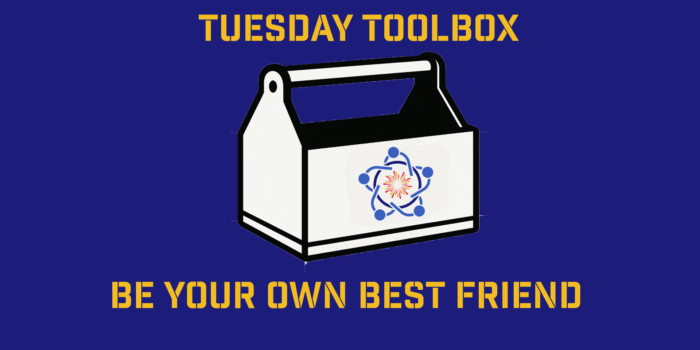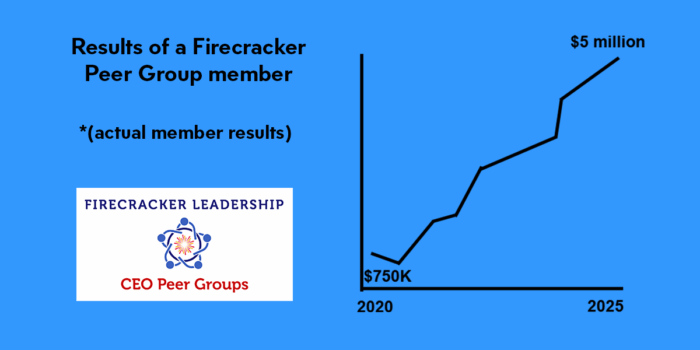My Wednesday Wish for You: To Be Your Own Best Friend We often push ourselves harder than anyone else ever…
Still trying to make your old ways work in a new reality? Here are 3 ideas from Craig Groeschel to upgrade your approach.
By Craig Groeschel
The lifespan of your current systems, structure, and strategy is diminishing.
The way you’re doing what you’re doing won’t work forever—just ask Kodak, Polaroid, Blockbuster, or any of the other companies that were incredibly successful at one point and then lost relevancy.
If you’re not adapting, you’re falling behind.
The difference between a good leader and a great leader is the ability to anticipate leadership challenges.
So, how do we learn to anticipate rather than react?
Learn how with the three D’s of anticipatory leadership:
1. DEVELOP SELF-AWARENESS.
Self-awareness is incredibly important if you want to anticipate incoming leadership challenges.
Take an honest assessment of the current state of your organization and your own leadership.
Often, we can be most confident in the areas that we’re least competent because we don’t know what we don’t know.
The things you’re absolutely convinced of may be your biggest points of vulnerability.
It’s the “curse of confidence.” According to the Dunning-Kruger Effect, those who are highest in confidence are often the lowest in competence.
If you’re going to learn to be a leader who anticipates challenges, you have to accept that what you “know” may be wrong.
Exercise: Discover if you’re too confident about what you know with this test. Keep track of how many questions you’re answering versus how many questions you’re asking. The posture of an anticipatory leader is curious and humble.
Once you’ve identified your own leadership blind spots, you need to look at every aspect of your organization—every product line, team, and major initiative.
Figure out what is and isn’t working, and make sure you know why.
If you don’t know why something is working when it is, you won’t know exactly how to fix it when it’s not.
2. DISCERN FUTURE THREATS AND OPPORTUNITIES.
To improve your ability to predict the future, learn about fields outside your area of expertise.
Make predictions—even if they’re wrong—about what’s coming in those fields.
By doing this, you’re exercising the part of your brain that thinks about the future.
Strengthening this skill in external fields will help you to discern future opportunities and threats inside your industry.
3. DISRUPT WHAT IS WITH WHAT COULD BE.
Don’t be afraid to break the rules. The greatest innovators break the rules.
Things are always changing. And while good leaders react to a changing world, great leaders anticipate those changes.
Will self-inflicted disruption always work? No. Lots of your innovative ideas will fail. Failure is part of innovation.
If you’re an anticipatory leader, you’ll already be exercising adaptability and disruption in your organization. You’ll be ready for the changes that surprise competitors.
Why is failure worth the risk? Because if you wait until you are 100% sure before you try something new, you will always be too late.
If you wait until you are 100% sure before you try something new, you will always be too late.



